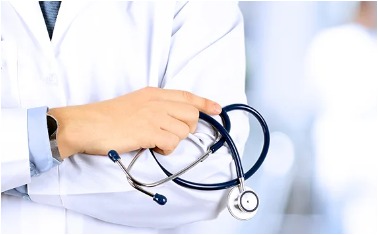
The human liver performs an array of essential functions, making it a truly remarkable organ. From producing bile to breaking down fats, alcohol, and medications, to regulating blood sugar and hormone levels, the liver plays a vital role in maintaining our overall health. However, ignoring signs of liver damage can lead to severe consequences, so it’s crucial to pay attention to potential warning signs.
According to Dr. Saleh Alqahtani, director of clinical liver research at Johns Hopkins Medicine, turning yellow with jaundice or experiencing pain in the upper right abdomen are signs that the liver is already seriously compromised. It’s far better to address liver disease early on to prevent its progression.
Here are some signs and symptoms that shouldn’t be ignored, as they might indicate liver damage:
- Bloating and gas
- Dark circles under the eyes
- Feelings of anger and irritation
- Excess belly fat
- Acne and rashes
- Menstrual issues or PMS
- Sleep problems
- Weak immune system
- Food sensitivities
- Nausea after heavy meals
Causes of Liver Damage:
- Harmful Supplements: Not all supplements labeled as “natural” are safe for the liver. Some herbs and supplements have been linked to liver damage.
- Excessive Alcohol Consumption: Alcohol can lead to alcoholic fatty liver, which causes inflammation, scarring, and even liver cancer. Even as few as four drinks a day for men and two for women can initiate this process.
- Obesity: Similar to alcoholic fatty liver, non-alcoholic fatty liver disease can be reversed in its early stages by reducing the intake of simple carbohydrates and increasing the consumption of fruits, vegetables, and protein. Regular coffee consumption has also been associated with potential benefits.
Liver disease, especially fatty liver disease, is prevalent in India and is often considered a “silent liver disease” due to its lack of prominent symptoms. It can result from infections, genetic conditions, cancer, or exposure to toxic substances. Fortunately, many types of liver diseases can be effectively treated with medication or lifestyle changes if detected early. It is essential to stay vigilant and seek medical attention if any signs of liver damage are observed to preserve the liver’s crucial functions and overall well-being.
